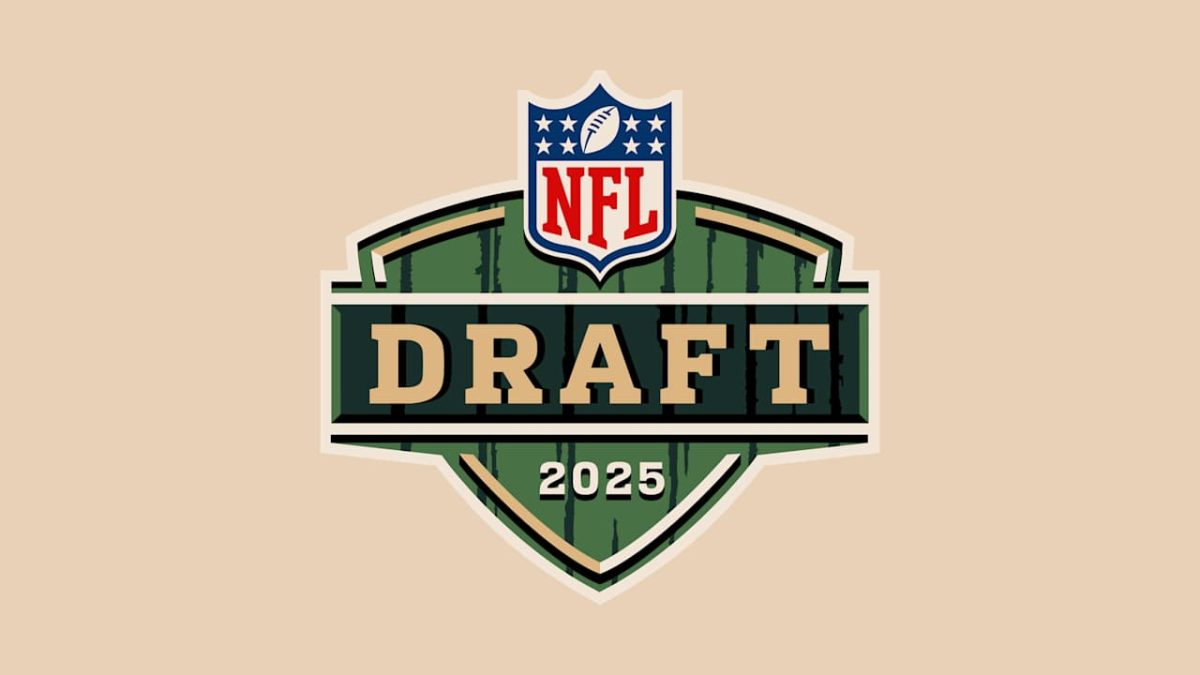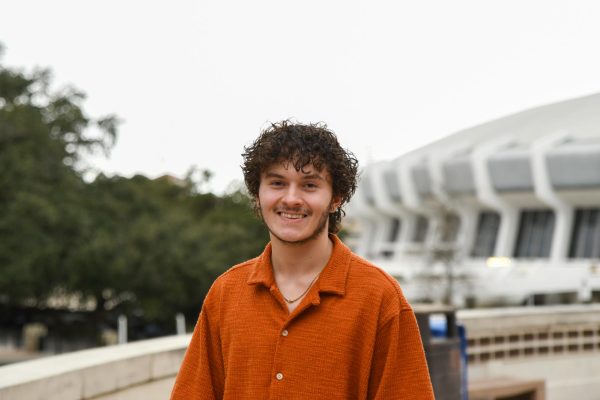On June 21, 2021, a unanimous United States Supreme Court decision would change college sports forever.
Ten days later, the NCAA was forced to allow student-athletes to profit from their name, image and likeness. The landscape of college sports as we know it would never look the same.
Three years into this new era, we’ve seen everything NIL has come to offer, from the good to the bad, to the downright ugly.
While collegiate athletes now have the opportunity to cash in, the lack of rules, regulations and clarity around this treacherous, undiscovered NIL world has made these past three years a period of discovery for everyone, from the athletes to the schools and even the NCAA themselves.
Last week, a story of deception further muddied the uncharted waters of name, image, and lies.
On Friday, Sept. 13, UNLV shocked Kansas on the road with a thrilling 23-20 come-from-behind victory to start their season 3-0, led by Holy Cross transfer quarterback Matthew Sluka.
On the morning of Sept. 23, 10 days following the win over the Jayhawks, Sluka informed head coach Barry Odom and offensive coordinator Brennan Marion that he has yet to receive the proper NIL compensation that his agent said he was promised when he transferred to the program back in January.
Sluka threatened to sit out the rest of the 2024 campaign if he wasn’t brought his money. The UNLV coaching staff demanded a decision from Sluka by the end of the day.
Sluka participated in his final practice as a Rebel that day, announcing his decision to step away from the team that same night on social media to save his final year of NCAA eligibility.
“I have decided to utilize my redshirt year and will not be playing in any additional games this season,” Sluka said in posts to X (formerly known as Twitter) and Instagram.
But wait, how can Sluka do that? How can the starting quarterback walk away from his team midseason with no repercussions?
In 2018, the NCAA approved a proposal allowing college football players to play in four games without burning their redshirt season. While the rule was first enacted in order to benefit those who suffer a serious, possibly season-ending injury early in the season or those dissatisfied with playing time seeking greener pastures, the rule unintentionally gave Sluka a way out of UNLV prior to the end of the first month of the 2024 season.
The rule came three years before NIL was even a topic of discussion, and it could lead to situations similar to Sluka’s in the future.
“I committed to UNLV based certain representations that were made to me, which were not upheld after I enrolled. Despite discussions, it became clear that these commitments would not be fulfilled in the future.” Sluka said in his viral post. “I wish my teammates the best of luck this season and hope for the continued success of the program.”
But what exactly was promised to Sluka and his party by the program that he didn’t receive?
According to his agent and former NFL player Marcus Cromartie of Equity Sports and Bob Sluka, Matthew’s father, claim that Marion verbally offered $100,000 during a January phone call.
Why did Cromartie, an experienced sports agent and former NFL player, think that the word of the team’s offensive coordinator was legally binding? That, like many pieces of this puzzle, is still a mystery.
It took Cromartie until Aug. 29, three days after Sluka started taking classes for the 2024 Fall semester, to reach out to Shannon Cottrell, the general manager of Friends of UNILV. In those emails, there is no mention of any six-figure offer.
“It’s just odd that in our interactions with the agent starting on Aug. 29, there’s no mention of money owed,” Rob Sine, CEO of Blueprint Sports Agency, which runs Friends of UNILV, told The Athletic. “The agent had multiple opportunities to raise that to our attention. He never brought it up. So I’m just scratching my head here.”
The average NIL budget for an entire Mountain-West football roster like UNLV is between $300,000 and $500,000.
During another phone call on Sept. 19, the day before the Rebels’ upset win over Kansas, Hunkie Cooper, UNLV’s Director of Football Player Development, told Cromatarie and Bob Sluka that the program could only offer $3,000 over the next four months.
Sluka didn’t last another week in the desert, leaving the Rebels five days later.
In the few NIL laws that the NCAA does have in place, schools are not allowed to promise NIL deals in return for commitment to an athletic program. Both UNLV and its NIL collective, Friends of UNILV, have denied all rumors of any six-figure offers made to Sluka.
Situations like Sluka’s may continue to play out without proper laws, rules, regulations or unions. In fact, some already are.
The No. 27 high school recruit of the 2023 class, quarterback recruit Jaden Rashada, is suing Florida head coach Billy Napier, program booster Hugh Hancock and another former football staff member for a dispute eerily similar to Sluka’s at UNLV.
Rashada was reportedly offered $9.5 million to commit to the University of Miami but flipped to Florida once they proposed a $13.85 million offer on Dec. 21, 2022. The lawsuit alleges that an hour after Rashada committed to Florida, Napier offered his father a $1 million “partial payment.” Neither payments were made to Rashada or his father.
“Sadly, unethical and illegal tactics like this are more and more commonplace in the Wild West that is today’s college football landscape,” the lawsuit states. “As the first scholar-athlete to take a stand against such egregious behavior by adults who should know better, Jaden seeks to hold Defendants accountable for their actions and to expose the unchecked abuse of power that they shamelessly wielded.”
It will most likely take Congress to step in once again in order to fill the holes in the NCAA’s NIL laws and fix these cloudy conundrums. In fact, it’s already playing out in federal court.
The House v. NCAA antitrust settlement will deem student-athletes as employees of schools. This would leave college athletes entitled to revenue sharing. The maximum payout is expected to be between $20 and $23 million.
The ruling could snowball into even more seismic shifts in the foundation of college sports.










